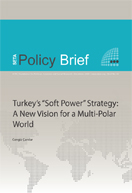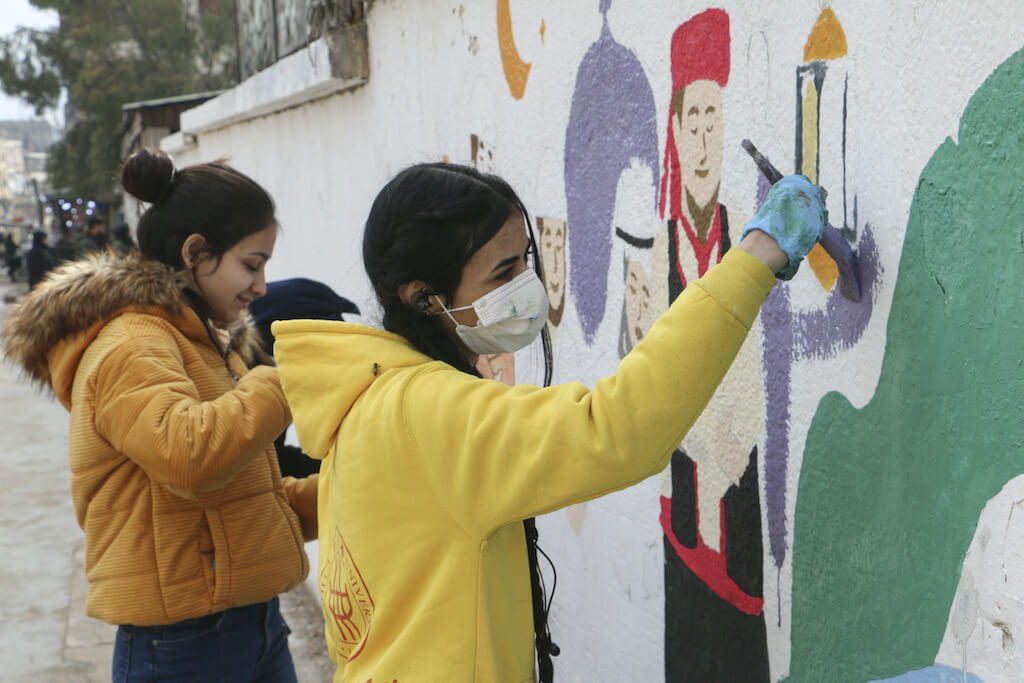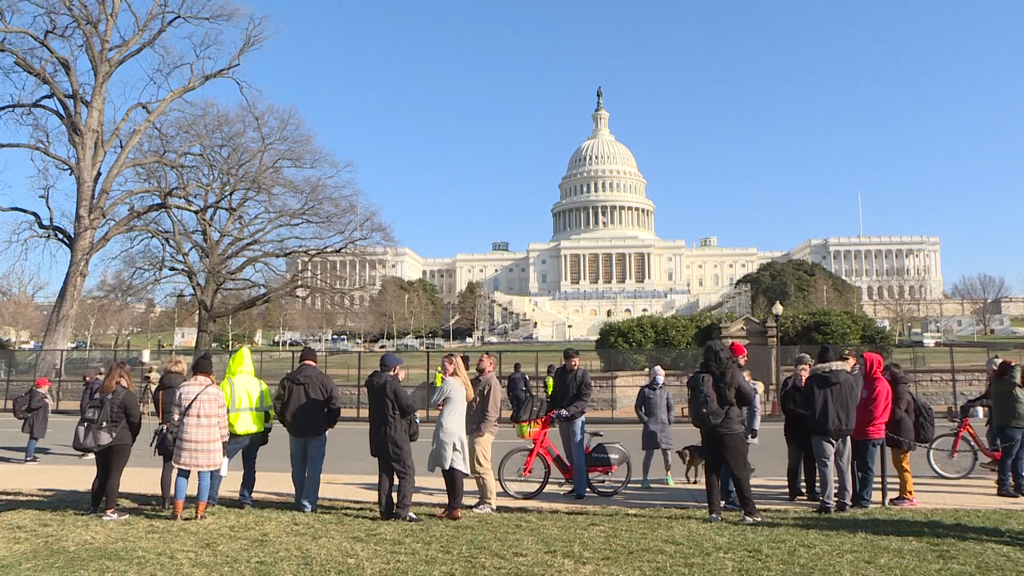Everyone seems to agree that Prime Minister Recep Tayyip Erdoğan read the results of the March 29 elections right. The Cabinet reshuffle last week has created new momentum for the Justice and Development Party (AK Party) government. Yet Erdoğan will have to do more to recapture the reformist spirit of the early years of his rule.
The new composition of the Cabinet appears to be based on two main considerations: the economy and foreign policy. All the major changes in the new AK Party Cabinet concern these two areas. And I guess this is understandable, for it was the twin sisters of economic success and foreign policy activism that gave Erdoğan and his team their credit with the Turkish electorate and the international community. But it would be a mistake to assume that everything boils down to the economy and foreign policy. The secret of the AK Party’s success so far has been its willingness to reshape and redefine the establishment in Turkey, and this means a host of legal and political reforms, from civilian-military relations to the Kurdish issue and the new constitution.
Prime Minister Erdoğan has appointed Ali Babacan as the new chief of the Turkish economy. With his powers and role as the coordinator of all ministries related to the economy, Babacan is the super minister of the economy. Given the weight of the economy in the new Cabinet, however, one may expect that Erdoğan himself will play a leading role in the management of the economy until Turkey, as well as the rest of the world, gets out of the global economic crisis.
The second important change in the Cabinet is the appointment of Ahmet Davutoğlu as the new Turkish foreign minister. Davutoğlu is considered the main architect of the new Turkish foreign policy under the AK Party. I was not surprised by Davutoğlu’s appointment, because he served both Erdoğan and President Abdullah Gül as a “super advisor.” Since Babacan had to move to the economy, it was only Davutoğlu who could have filled his position.
Davutoğlu introduced a new notion to foreign policy and international relations. With his academic background and intellectual training, he was able to produce new concepts such as “zero problems with neighboring countries,” “rhythmic diplomacy” and “central state.” However, Davutoğlu was also a major actor, dealing with many urgent and sensitive issues in the region, from the war in Iraq to Cyprus negotiations. Even when he was an adviser, Davutoğlu was involved in all key foreign policy issues.
Now, he is no longer the man behind the scenes. The media-shy Davutoğlu is now faced with the realities of a public servant with a gigantic task: running the Turkish Foreign Ministry. Whatever complaints he has had before, he will have to forget them now. The main challenge is obviously whether he will continue to deepen and widen the new vision he has brought to Turkey and the region. He will have to introduce some structural and institutional reforms to increase the Foreign Ministry’s capacity to deal with issues more effectively.
While both economy and foreign policy remain important components of the Erdoğan government, the real test of durability will be in the field of political and legal reforms. More than the Europeans, the Turkish people are expecting the new Erdoğan government to carry out unfinished reforms. This means dealing with the Kurdish issue more openly and courageously, starting a new process for a new constitution, reforming the judicial system, including the Constitutional Court, and changing the law on political parties. All of these require a strong political will. Erdoğan got a warning in the March elections. This should be all the more reason for him to show the political will and courage that the Turkish people expect from him.
Today's Zaman - May 07, 2009









